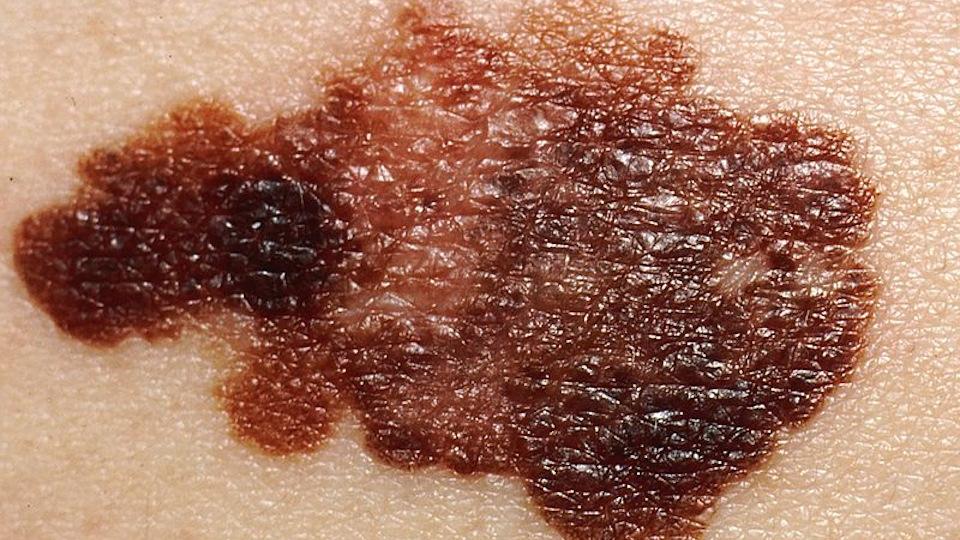BioNTech cancer vaccine hits the spot in melanoma

mRNA specialist BioNTech has chalked up an important win in its cancer pipeline, showing efficacy with its BNT111 vaccine candidate in a phase 2 trial in advanced melanoma.
The study is looking at the combination of BNT111 with Regeneron's PD-1 inhibitor Libtayo (cemiplimab) in 184 patients with advanced melanoma who have relapsed after or not responded to treatment with a PD-1/PD-L1 inhibitor, or the two therapies given alone.
There was a statistically significant improvement in the overall response rate (ORR) for the combination compared to historical controls like anti-PD-1/PD-L1 and anti-CTLA4 drugs, while BNT111 and Libtayo monotherapy also showed evidence of clinical activity, according to BioNTech.
BNT111 is a key part of the German biotech's pipeline and development strategy as it responds to declining sales of its Pfizer-partnered COVID-19 vaccines, and returns to its pre-2019, primary focus on cancer vaccines.
The shot is the lead product candidate from BioNTech's FixVac platform and is based on a combination of four mRNA-encoded, melanoma-associated antigens – NY-ESO-1, MAGE-A3, tyrosinase, and TPTE – that are designed to stimulate an immune response against the cancer.
Around 90% of all cases of melanoma affecting the skin express at least one of those antigens, according to BioNTech.
The vaccine has already shown evidence of safety and preliminary efficacy in the phase 1, dose-ranging Lipo-MERIT trial reported in 2020, which also involved advanced melanoma patients previously treated with PD-1/PD-L1 inhibitors.
There's not much data to go on in the statement on the results – that will have to wait for a future medical congress – but BioNTech's chief medical officer, Professor Özlem Türeci, said the results "mark a significant step towards our vision of personalised cancer medicine."
That is because it provides proof of concept "in three dimensions", she added, including the mRNA technology that underpins the cancer vaccine (and differs from the platform used in its COVID-19 shot), the computational approach to choosing suitable cancer Antigens, and the strategy of combining the vaccines with other suitable therapies.
BNT211 already has orphan drug and fast-track designations from the FDA, reflecting the unmet medical need for melanoma that doesn't respond to immunotherapies, a particularly aggressive form of the skin cancer. The five-year survival rate for patients with distant metastatic melanoma remains low, at approximately 35%.
BioNTech and Regeneron are competing with rivals Moderna and MSD in the mRNA melanoma jab category, with the latter a little out in front with their mRNA-4157 (V940) candidate given in combination with MSD's PD-1 inhibitor Keytruda (pembrolizumab). mRNA-4157 is a personalised vaccine targeting 34 cancer neoantigens, derived from a biopsy of a patient's tumour.
In June, Moderna and MSD said they may be able to move ahead with regulatory filings for the combination based on progression-free survival (PFS) data from the phase 2b KEYNOTE-942 study.












